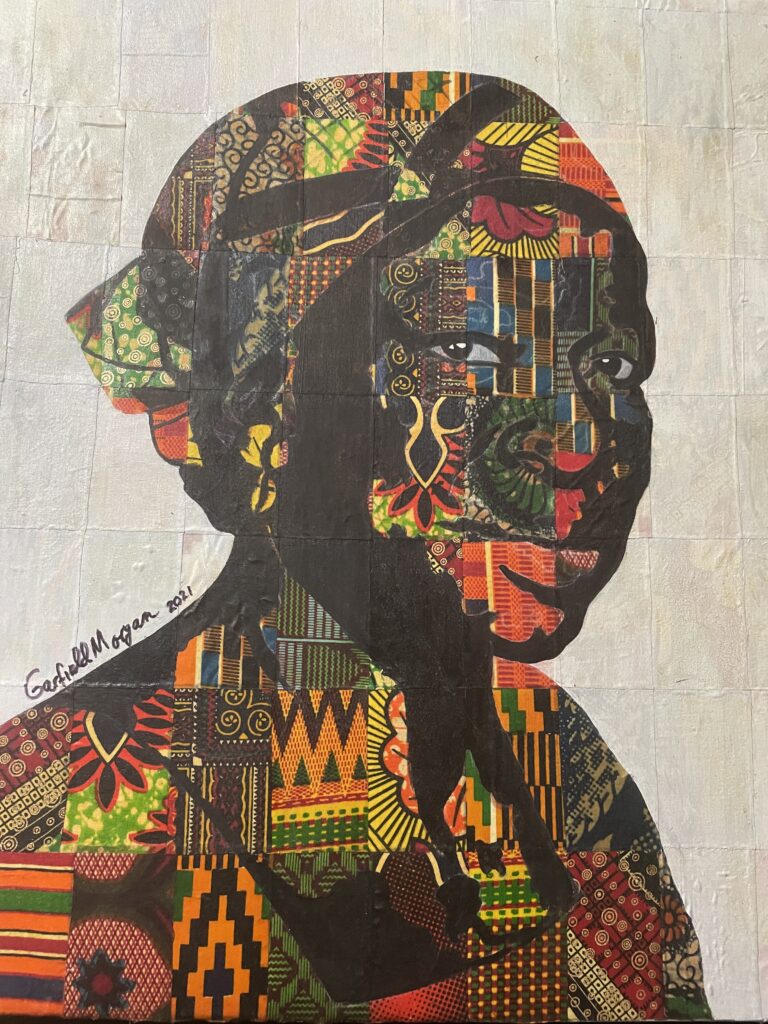Risky sexualities and STDs from the streets to social media

Sexuality is no longer a taboo. In all spheres, the mutations, influences and power of sexuality speak for themselves. In academia, what was initially called “sexualit” or simply “gender” has reached an impressive level which came with the emergence of varied and solid terms: identities, communities as well as new areas of teaching and research. Sexualities is now the term instead of “sexuality” and Gender Studies, LGBTQ+ has replaced expressions like “sexual orientations” and many more.
Many explain that mutation by the fact that we are living in a free world and human rights have gained more ground. Different opinions and positions also emerged as a result of these new sexual identities and practices but that is not the focus of this piece. I respect people’s choice and freedom. What I ponder here is the development of sexualities and the consequences posed by “new” sexual practices in some developing African countries, precisely Burkina Faso.
Digitalization has drastically affected sexual practices all over the world and Africa is no exception. Facebook, TikTok, Instagram are just some of the “applications” that facilitate the meetings between two or more persons who desire to be intimate. My discussion with many youngsters revealed that a girl as a young as 10 years can take an almost nude picture of herself, while being careful enough to avoid being identified, and post it on social media. She would then dress and pose as an adult and meet interested parties. Those who patronize sexual partners of that age bracket will be clients, the connection is established, and the little girl meets the customer, parents will never suspect anything because she hides all traces. The “hook up” practice which means “meeting customers on social media” is very common on university campuses in Ghana as well as outside campus and many female and male students use that means in the sex trade or industry. Supposedly, about 30 per cent of university students indulge in the practice, staying in constant anticipation of a message from a client. Instagram is said to be the channel used most of the time in that practice.
A look at the Burkina Faso scenario reveals a similar picture. A page called BIZI is the main face of prostitution online, and men or pimps, who have acquaintances and contacts among the wealthy, manage girls who sell their bodies. The highest price is paid by VIP customers. Distance and the type of “service” determine the price. It all starts with an initial modest platform onto which a few girls attract others, and the community gradually grows. The traditional practice of soliciting customers on the streets is now replaced by social media. Prices vary from 15,000 CFA (about 25 USD) to 50, 000 (83 UDS) and 100,000CFA (166 USD). The lowest price is paid for a “fun” of few hours and the highest one could require that the girl be interned for the whole night. The saddest and most worrisome part lies in the comparison between the amounts of money and the risks involved, especially on the side of the female: sexually transmitted diseases, HIV /AIDS infection, facing murder for ritual purposes, and so on.
Two novel practices in the West African sub region are the sex tontines and the partouze, the French word for gang bang. The tontine is defined as “a joint financial arrangement whereby the participants contribute equally to a prize that is awarded entirely to the participant who survives all the others”. The name originates from Neapolitan banker Lorenzo Tonti. Partouze is when multiple partners, usually three or more, engage in sexual intercourse with a single willing partner. The two practices have one thing in common – several men having sex with a female or girl in most cases, generally, high school, college/university students, or youngsters who just roam in the streets are the actors. A 21-year-old university student explains her unpleasant tontine experience in these terms: “My boyfriend invited me for a drink and laced my drink with a substance that knocked me off. When I woke up the following morning, I realized that they all had sex with me and practiced all their fantasies”.
The tontine sex, which is common in many West African countries today, often comes in the following form: six or four young men contribute some money and have sex with the same girl. The figures can be shockingly low: 2.000 CFA (about 2.5 USD) paid by each of the six persons. The girl in question is often the regular girlfriend of one of the young men, and in such a case, that regular boyfriend “takes the lead” in the act. The hyper seductress is another category in this panoply of new sex practices in the sub region. It simply involves a girl who bets her friends and others that she can charm a handsome young man and she will use all she can to seduce him and take very compromising pictures of herself and the man, or nude pictures of the man as a trophy. Male university students who cannot afford to pay their school fees also indulge in homosexual prostitution. Several of them contract the HIV/AIDS virus that way.
Social services, educators and other concerned actors noticed the following repercussions in Burkina. The HIV/AIDS infection figure is 79,000 nationally, two-thirds of them are women and one-third men, with 2,000 children in the middle. The general population of infected persons is said to number 0.6 per cent at the national level and 1.14 per cent in a certain part of the country. Youngsters fear pregnancy more than HIV/AIDS and other sexually transmitted diseases. Many of them define HIV/AIDS as “Simple Information to Discourage the Amorous” a saying that really matches the acronym SIDA, the French term for AIDS. The most vulnerable group is those who practice the sex tontines and partouze. Populations, in general, encourage instructors to include topics such as sexually transmitted diseases and risky sex practices in the curriculum, especially in Reading classes – a compulsory subject.
Many conclude that parents have failed to teach children to be content with the means of their parents. Sex education is a taboo, many girls learn how to handle their menstrual cycle through conversations with their friends. Strangely enough, very few parents question the provenance of the goodies their daughters and sons bring home. Some parents go to the extent of using the material properties their wards earn from this sex trade or adventure. Other parents expose their wards, out of ignorance. They offer very sophisticated phones and electronic devices to their wards, who use such presents for searches and communications that lead to these dangerous sexual practices. It is not rare to come across a young girl who holds a phone that costs 1 million CFA francs (almost 1,700 USD) and they often hide it from parents, and use it among themselves, in a form of competition. NGOs provide a lot of help, and 80 per cent of the funds allocated to sensitization is spent on campaigns against sexual habits that come with such negative consequences, especially among the youth. But the general view is that parents, young men and women, boys and girls share the blame. Social media is used in many noble cases like securing medical appointments and even treatment and much more. This piece represents a case where social media endangers the youth, through emerging sexual practices. Kids are now smarter than their parents as an analyst put it. Populations that were known to have good morals end up embracing the opposite. One should wonder what the advent of AI will bring on the terrain of sex habits and populations’ health in Africa and all over the world.
Moussa Traoré is Associate Professor at the Department of English of the University of Cape Coast, Cape Coast.







It’s so sad what the youth of today is turning into. Sometimes, the leaders and the wealthy who are to help curb this menace are a part to be blamed.
It’s really sad, but it’s a very truth fact. Youth including me are too much connected to the social media today and it’s very difficult to advise them. I’m wondering what the future will be since things are developing everyday.
Hmm….. it’s sad. I’m very much afraid of the future. If the youth indulge in all these sexual fantasies and adventures in this age and time, imagine what they will do in the future where AI will be the order of the day.
It’s a worrying situation that needs to be tackle with the seriousness it deserves, but difficult to tackle. Hmmm